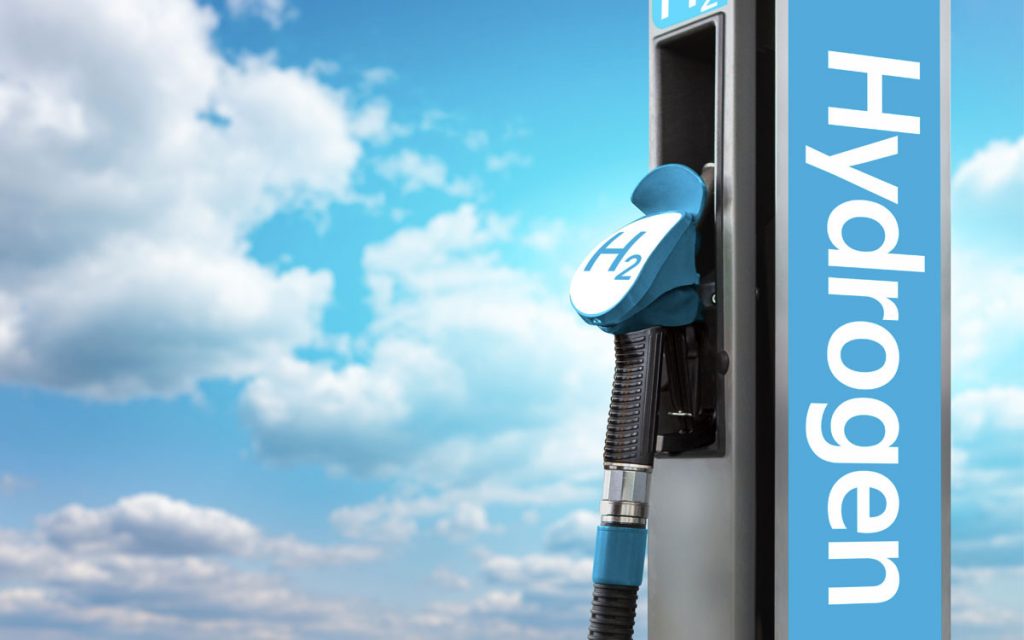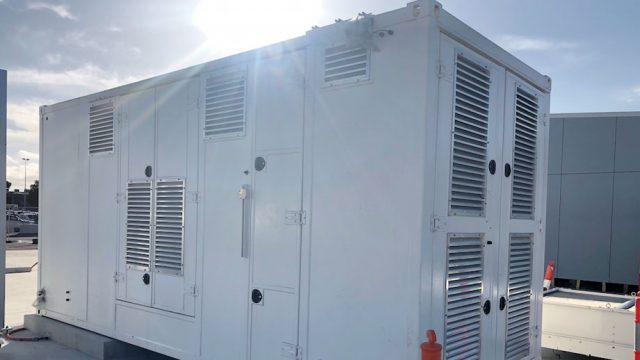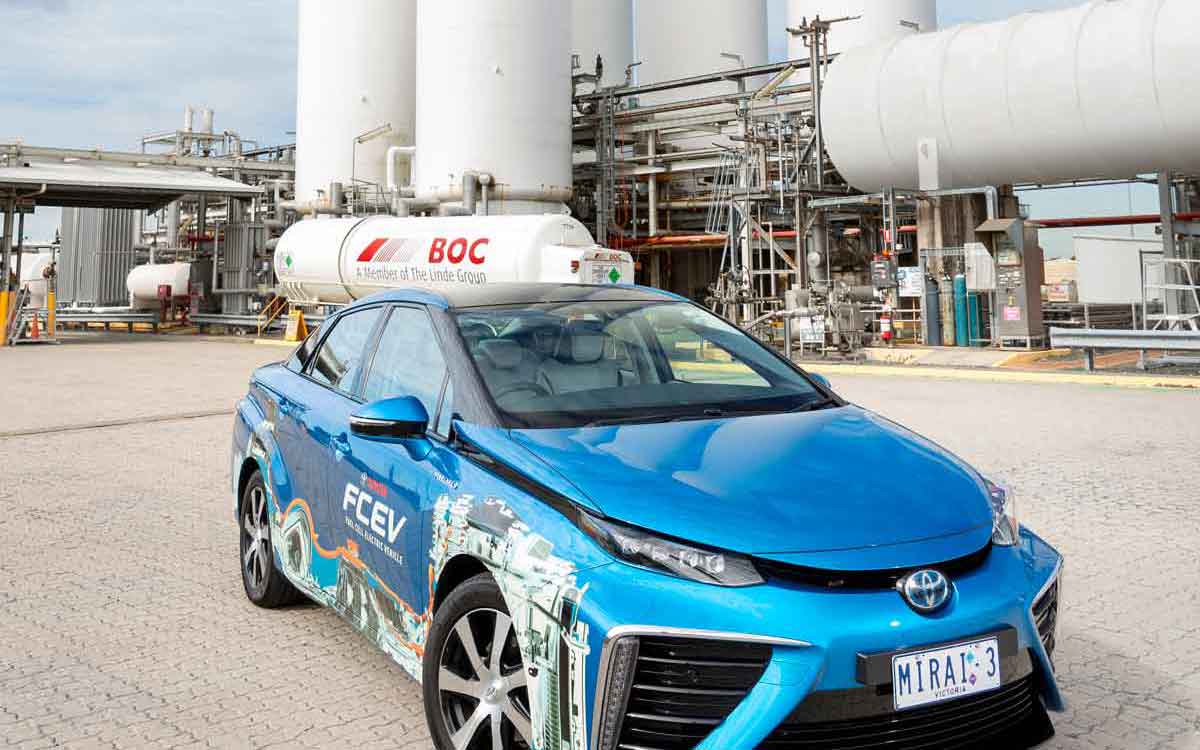How could renewable hydrogen power our lives?
Hydrogen offers a way to produce a renewable, emissions-free fuel using the power of the sun and wind.

How could renewable hydrogen power our lives?
The technology exists to convert water into renewable hydrogen, but there is work ahead to bring down costs so it can compete with hydrogen produced with fossil fuels.
Efforts to commercialise renewable hydrogen could provide a fuel that can be stored and transported to power homes, transportation and industry, and be used as a feedstock to produce chemicals like ammonia.
Following similar processes and equipment to natural gas, hydrogen can be liquified and compressed for direct combustion, or be converted back into electricity through hydrogen fuel cells.
The challenge ahead is significant with renewable hydrogen today costing between $6 and $9 per kilogram to produce. Achieving the $2 per kilogram stretch goal set in the Australian Government’s Low Emissions Technology Statement will require significant reductions in the cost of both hydrogen electrolysers and electricity from renewable sources.
But energy experts are optimistic that the target is achievable. Like wind, solar and more recently battery storage, the energy industry has a strong record of scaling new renewable energy technologies to the point they are commercially viable.
If achieved, a hydrogen economy could play an important role in Australia’s energy transition, and provide a way to export our renewable energy to countries that today rely on fossil fuel imports.
How does ARENA support hydrogen?
ARENA is supporting projects across the hydrogen supply chain, trialling and demonstrating electrolyser technology as part of efforts to lay the groundwork for a future hydrogen industry.
One project offering a possible glimpse of the future is underway at Western Australian gas distributor ATCO’s Clean Energy Innovation Hub in Perth, where hydrogen produced on-site with an electrolyser is blended with natural gas and tested in household appliances. This approach aims to reduce the emissions intensity of the natural gas grid and utilise existing pipelines and infrastructure.

Vehicle manufacturer Toyota is trialling a different approach at its Hydrogen Centre in Melbourne’s western suburbs, using an electrolyser to produce hydrogen for a vehicle refuelling station. The technology offers an alternative to battery EVs, with a hydrogen fuel cell producing electricity to power an electric motor.
Both projects, along with others led by Jemena and BOC, are deploying hydrogen electrolysers powered by renewable energy, helping to establish the technology and bring down costs.
More information about ARENA’s portfolio of hydrogen projects.

What will ARENA do next to support hydrogen?
ARENA will announce the successful applicants to its large-scale hydrogen electrolyser funding round in mid 2021, selecting applicants from a shortlist of seven to share in $70 million of funding.
All of the shortlisted projects will install electrolysers with greater than 10 MW of capacity, with construction planned to commence in 2022.
LIKE THIS STORY? SIGN UP TO OUR NEWSLETTER

ARENA